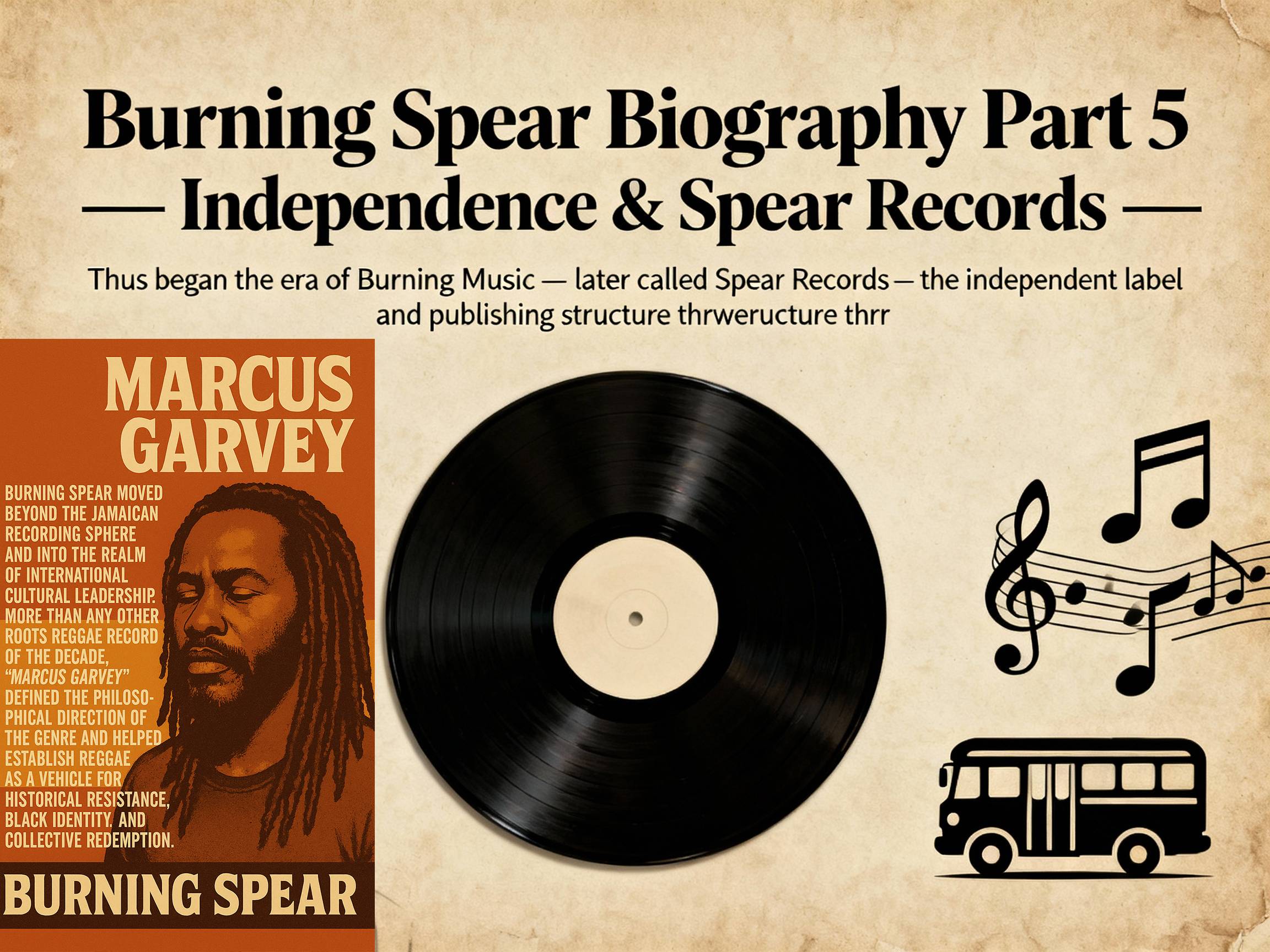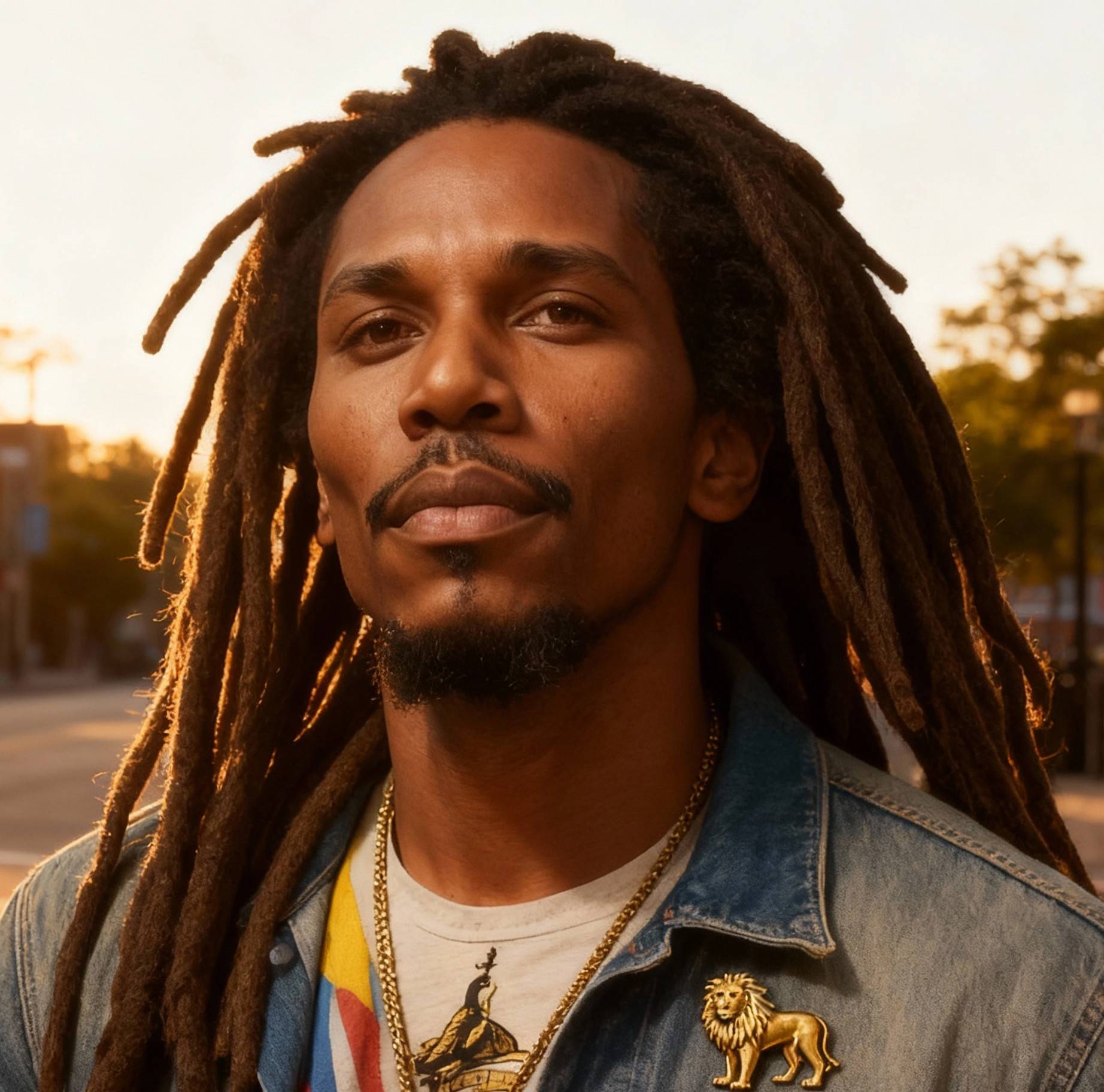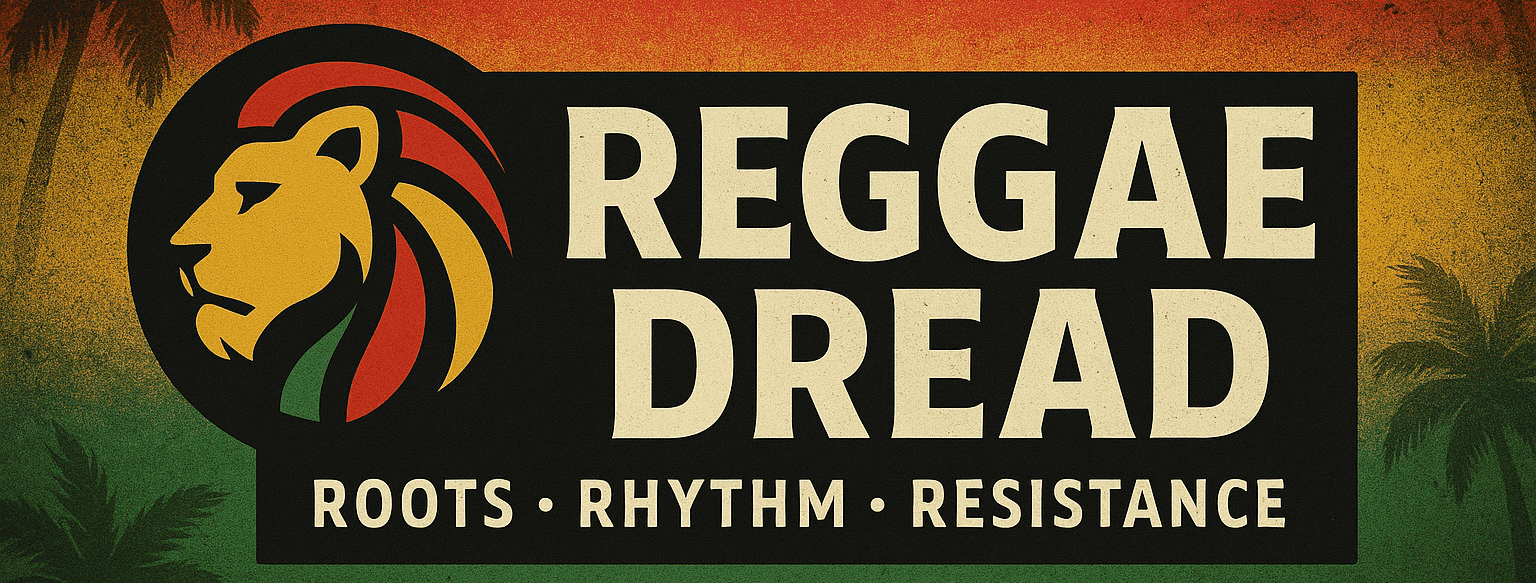Burning Spear Biography Part 5 Independence & Spear Records

🔥 Introduction: From Artist to Institution
By the mid-1980s, Burning Spear was no longer simply a powerful roots reggae singer — he had become a global cultural ambassador, the foremost torchbearer of Garveyite philosophy, and one of the few artists in Jamaican history whose work was studied by scholars, activists, and spiritual congregations. But even with his elevated status, one obstacle remained — the music industry itself.
Record companies had remixed his work without permission. Labels owned his masters. Distributors cashed in while the messenger saw pennies. And after a decade of seeing the fruits of his message harvested by others, Spear made one of the most important decisions of his career:
If the message was to remain pure, the messenger would need total control.
Thus began the era of Burning Music — later called Spear Records — the independent label and publishing structure through which Spear secured full control of his music, art direction, touring strategy, finances, and message.
📉 The Awakening: Why Burning Spear Chose Independence
The Exploitation Problem
From Studio One to Island, Spear saw the same pattern: artists recorded world-changing music, but ownership stayed in the hands of producers and labels. Spear had watched many great artists die poor, misunderstood, or abandoned while the industry profited.
He did not intend to join that list.
Key Lessons Spear Learned from the Jamaican Industry
- Control of the masters equals control of legacy
- Distribution determines whether your message survives
- A message singer must protect their message from dilution
- The system is not built for African empowerment — so African empowerment must build its own system
The music industry taught him a dangerous lesson — one could lose everything, even the truth of one’s own message, without ownership.
🏛️ The Founding of Burning Music / Spear Records
Burning Music was founded in the early 1980s and became fully active mid-decade. Unlike many artists who start labels for vanity or marketing, Spear created Burning Music as a cultural protection system. It was not just a business decision. It was a philosophical one.
The name “Burning Music” was chosen deliberately — not “Spear Records,” not “Winston Rodney Productions.” Music itself was burning. The mission was not to elevate the individual, but to keep the flame of liberation alive.
Core Values of Burning Music:
- Independence – no creative interference
- Integrity – no compromise of message
- Representation – Garveyite ownership & Black empowerment
- Longevity – control of masters ensures legacy survives
📀 The First Albums Under Spear’s Full Control
Resistance (1985)
The opening shot of Spear’s independent era. Resistance is musically heavy and spiritually militant, laying the foundation for everything that came after. It remains one of the most important self-released albums in reggae history.
People of the World (1986)
A powerful reflection on diaspora identity, this album carried global themes rooted in Garvey’s teachings. By this time Spear was running a full touring band, operating his own business infrastructure, and controlling his royalties.
Live Albums & the Business Strategy
Live albums became essential to Spear’s model. Because he owned his label, recordings of his tours became both cultural documentation and direct revenue streams. His live sound — thunderous, ceremonial, hypnotic — translated into records that outsold many major label studio efforts.
💼 Business Structure & Distribution Strategy

Unlike many artists who signed management, Spear built business infrastructure from the inside — family involvement, direct merchandise, controlled touring, fair pay for musicians, and most importantly: ownership of all recordings.
Spear’s Approach Was Groundbreaking:
- Music publishing retained 100% by the artist
- Touring used to build a direct fan economy
- Live albums sold on tour and through independent channels
- Merchandising used strategically, not exploitatively
- Limited intermediaries — fewer hands in the revenue stream
This approach predated the DIY indie movement, the Bandcamp model, and the 21st century “own your masters” discourse by decades. Burning Spear was already living a blueprint that artists today still fight to understand.
🗺️ Moving to the United States & Global Strategy
In the mid-1980s, Spear relocated to the United States — a decision that allowed him greater touring reach, financial control, and business stability.
Some fans interpreted the move as “leaving Jamaica,” but Spear clarified many times that his heart and identity remained fully rooted in Jamaica and Africa. The move was not exile — it was strategy.
Why the U.S. Move Made Sense:
- Access to global touring circuits
- Direct connection to international media
- Better business infrastructure for independent music
- Proximity to the African diaspora in the Americas
🏆 Awards, Recognition, and the Question of Validation
During this period, institutions finally began acknowledging Spear’s influence. Critics described him as “the keeper of Garvey,” “the true prophet of reggae,” and “one of the most uncompromising voices in music.” Music journalists compared him not to other reggae artists, but to historical figures like Paul Robeson and Fela Kuti.
And yet, Spear consistently resisted industry validation. He was uninterested in celebrity. He avoided award shows. He declined superficial promotional appearances.
This was not arrogance — it was discipline.
“Spear don’t want to be famous. Spear want to be effective.”
💣 Why Independence Mattered for the Message
For Burning Spear, independence was not just a vehicle for profit — it was the only way to preserve the integrity of Black liberation music in a capitalist system designed to neutralize it.
Commercial labels saw reggae as product. Spear saw reggae as ancestral communication. There was no compromise point.
Under Spear’s Independent Era:
- History was no longer romanticized — it was weaponized
- Garvey was no longer quoted — he was reinstated
- Spirituality was not a theme — it was structure
- Music was not entertainment — it was ceremony
💡 Real-World Impact: Inspiring a Generation of Independent Artists
Burning Spear’s model influenced countless reggae artists and eventually hip-hop, world music, and modern African music movements. His control over publishing, tours, and creative content inspired movements like:
- Midnite / Akae Beka (St. Croix roots collective)
- Steel Pulse and Aswad’s independence periods
- Modern conscious reggae labels like I Grade Records
- Artists in the Rasta revival generation (Chronixx, Protoje)
His model also predates modern independent artist movements like:
- Nipsey Hussle’s ownership philosophy
- Chance the Rapper’s distribution strategy
- The “own your masters” movement in hip-hop
Burning Spear did not simply escape exploitation — he built a blueprint centuries old, but technologically ahead of its time.
🧠 Philosophical Evolution in the Independence Era
During this period, Spear’s lyrics became even more stripped down — fewer words, more weight. The voice deepened. The drums hit harder. The horns became ceremonial trumpets. The message did not get louder — it got closer.
Recurring Themes of This Era
- Ownership as a spiritual act
- Work as a form of resistance
- History as identity
- Self-discipline as liberation
He was not preaching freedom — he was living it.
📌 Summary: The Spear Sharpened Itself
Part 5 represents the moment when Burning Spear transcended the music industry entirely. He no longer needed permission. He no longer needed validation. He had built a world inside a world — a Garveyite musical institution rooted in independence, ownership, and spiritual resolve.
Everything that came after — the global touring dominance, the Grammy wins, the legendary live shows — would be built on the foundation of Spear’s independence.
The message did not only survive the industry — it outlived it.
📎 Transition to Part 6
Now that independence was secured, it was time to carry the message across continents — to stadiums, festivals, and international audiences who would soon discover that Burning Spear live was not a concert… it was a ceremony.
Continue to Part 6: Touring & Live Revolution



























